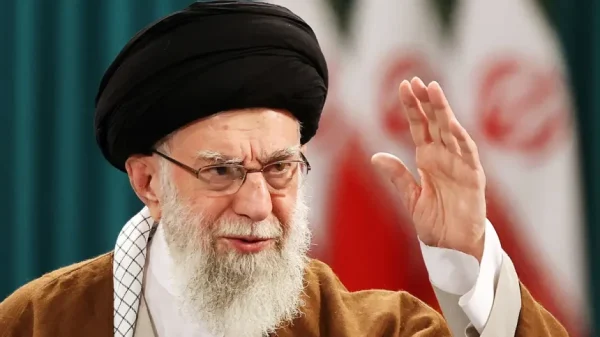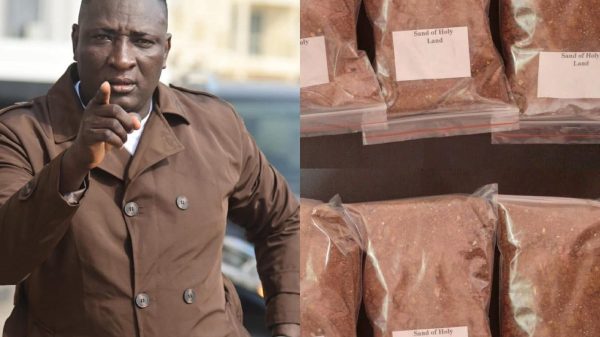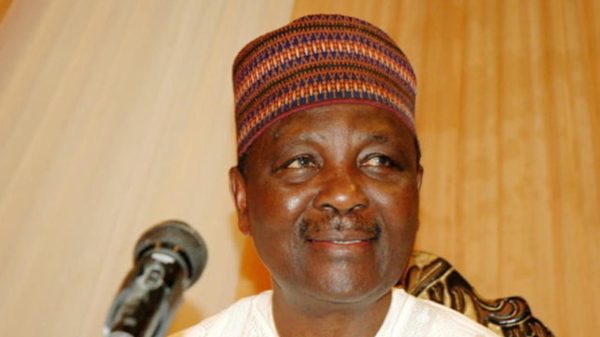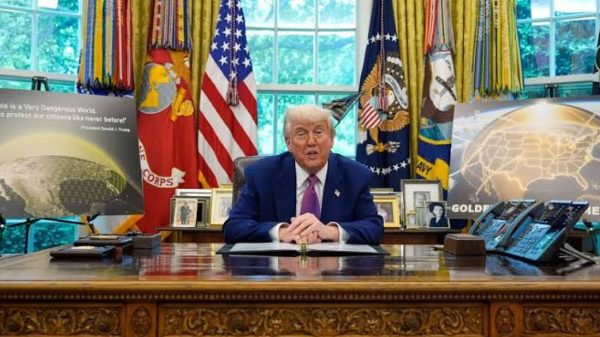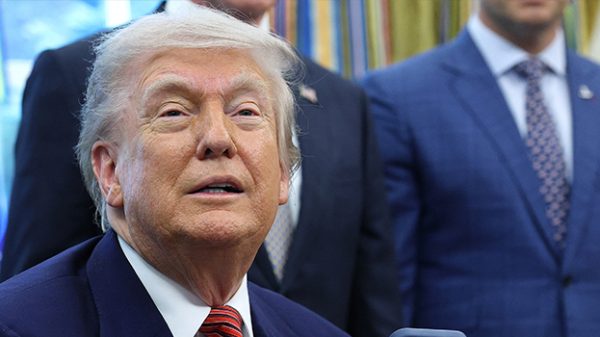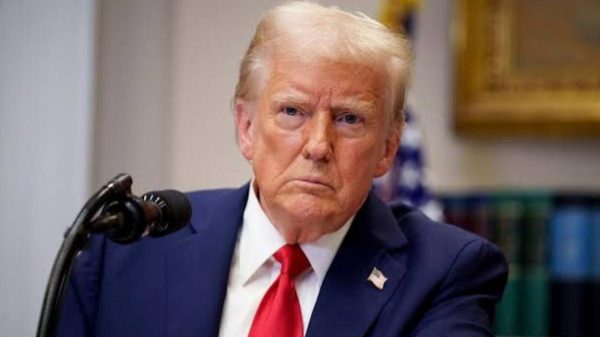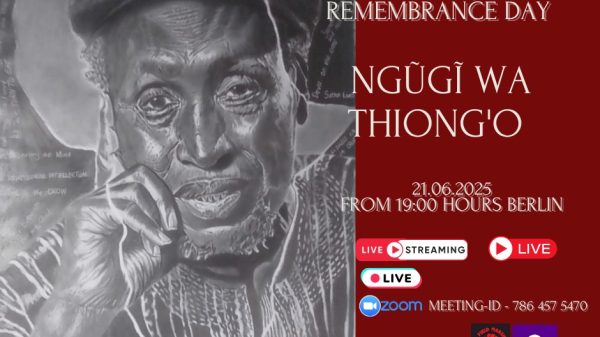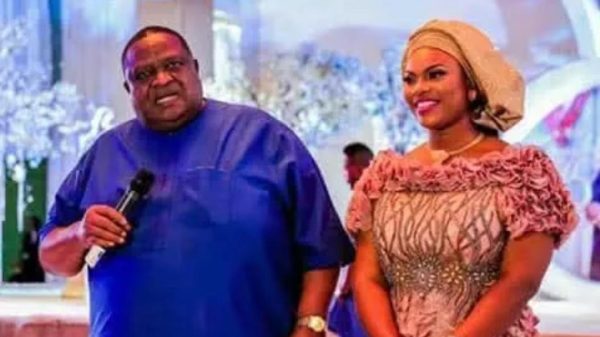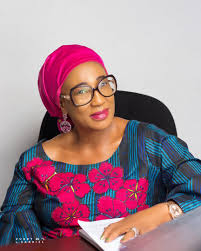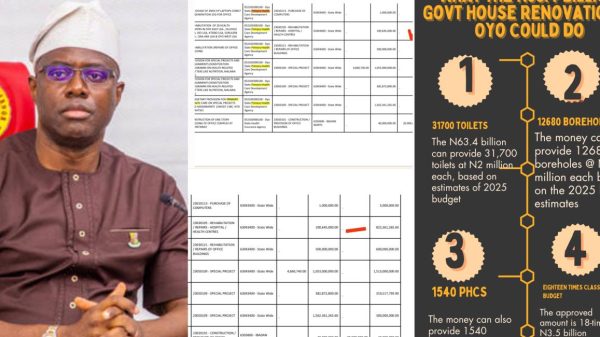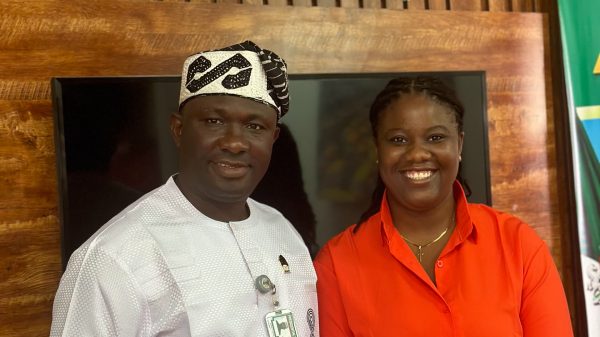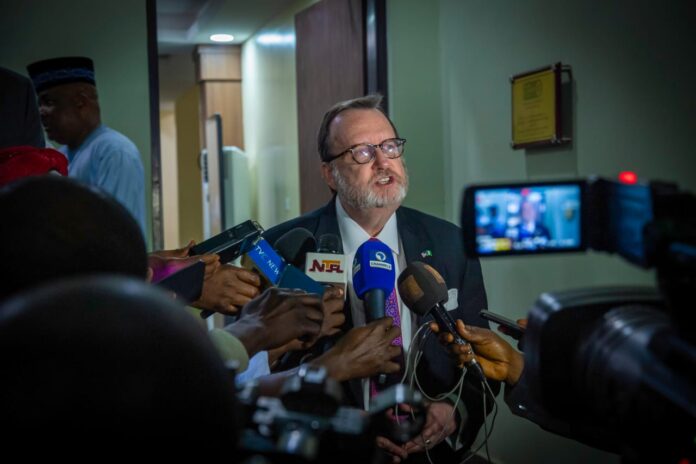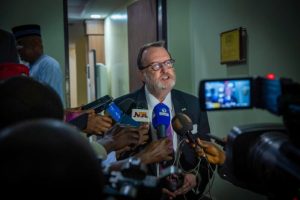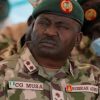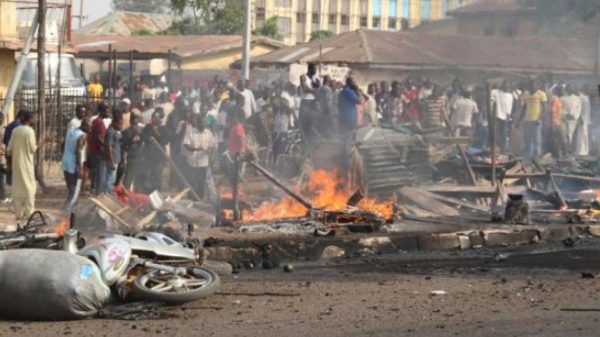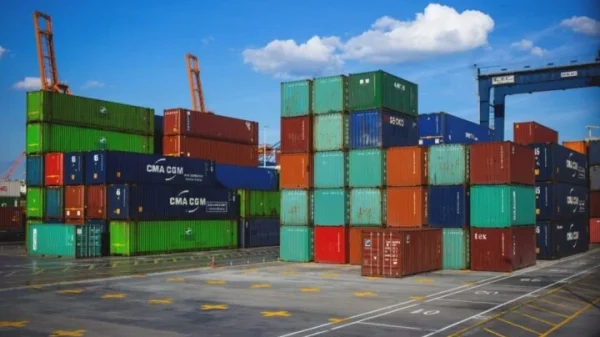The U.S. Ambassador to Nigeria, Richard Mills Jr., has firmly denied allegations that the United States Agency for International Development (USAID) has provided funding to the Boko Haram terrorist group in Nigeria.
Speaking to journalists after addressing the Nigerian Governors’ Forum (NGF) meeting on Wednesday night in Abuja, Mr. Mills stated that there is no evidence to support claims of USAID’s involvement in financing the insurgent group. He reaffirmed that Boko Haram has been designated as a Foreign Terrorist Organization (FTO) by the U.S. government since 2013, ensuring stringent measures are in place to prevent any financial assistance from reaching the group.
“There is absolutely no evidence that I have seen that USAID or any other U.S. assistance has been diverted to Boko Haram. We have strict policies and procedures in place to ensure that our funding, whether through USAID or the Department of Defense, is used for its intended purpose,” Mills stated.
The ambassador further challenged individuals with evidence of misappropriation to present it for thorough investigation in collaboration with Nigerian authorities. He emphasized the U.S. government’s commitment to supporting Nigeria in its fight against Boko Haram and ensuring aid reaches legitimate beneficiaries.
“There’s no friend of Nigeria that has been stronger in its condemnation of Boko Haram’s violence and disregard for human life than the United States,” Mills added.
Mills also clarified that the U.S. government has not halted financial aid to Nigeria but has instead implemented a 90-day pause to reassess the effectiveness of its assistance programs. He quoted U.S. Secretary of State Marco Rubio, who stated that the pause aims to align aid with U.S. government policies and interests.
“This is not about ending assistance to our partners and friends like Nigeria but ensuring that the support we provide is impactful and effective,” Mills explained.
He noted that waivers remain in place for life-saving assistance, including humanitarian aid, HIV treatment, maternal and child nutrition, and support for internally displaced persons.
During his presentation to the governors, Mills outlined his vision for the U.S.-Nigeria relationship over the next four years, focusing on four key priorities: promoting investment, enhancing transparency and accountability, combating corruption, and empowering local authorities.
He emphasized that the U.S. seeks greater engagement at the state and local government levels in Nigeria to develop and implement effective programs. He also discussed the transition of U.S.-supported healthcare programs to Nigerian government management, ensuring long-term sustainability.
“As these health programs succeed—fewer people contracting HIV, polio vaccinations eradicating polio—we want to ensure their continuity by transitioning them to Nigerian authorities,” Mills stated.
He acknowledged Nigeria’s ongoing governance reforms, including increased fiscal responsibility at the local government level, and expressed the U.S. government’s willingness to support these transitions.
“We believe that the most effective government is one that operates close to the people, and we are committed to sharing our experiences in federal governance to help Nigeria strengthen its institutions,” Mills concluded.

